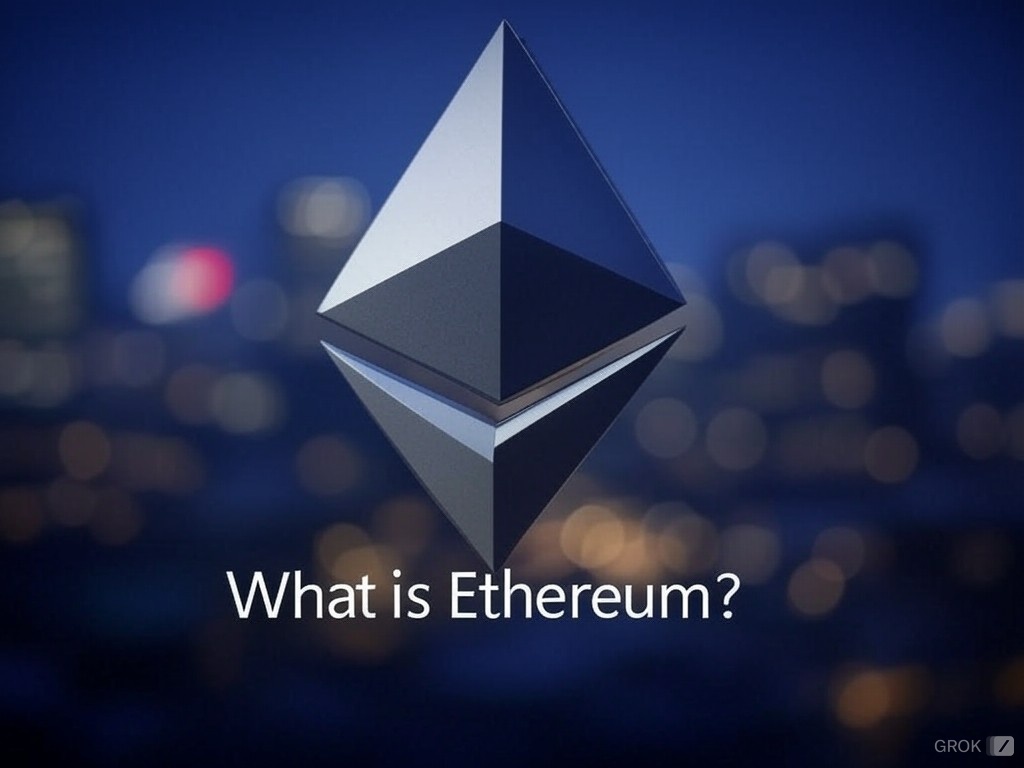

Elon Musk has drawn the ire of many users with his announcement of upcoming changes to the X algorithm, which would prioritize content considered informative or educational.
Musk emphasized on January 3, 2025, through a social media post that the changes are intended to reduce “too much negativity” on X. He explained:
“Our goal is to maximize unregretted user-seconds. Too much negativity is being pushed, which technically increases user time, but not unregretted user time.”
This announcement has led to accusations of censorship. Users are questioning who determines what ‘negativity’ entails and whether this is not a form of content management that limits freedom of speech.
The timing of this algorithm change follows shortly after an online feud over immigrant visas. On December 27, Musk argued that the United States should revise the immigration process to attract foreign top talent. This sparked a fierce reaction from right-wing social media influencers who are against more immigration. After this discussion, some influencers complained that Musk had withdrawn their premium features and monetization opportunities.
Ethereum co-founder, Vitalik Buterin, spoke out in favor of preserving freedom of speech on the platform. He warned against refusing users based on their opinions:
“Respecting freedom of speech is easy when we agree with the speech, and hard when we think it’s terrible. But the arguments to respect freedom of speech are the same as always: the banhammer is controlled by one group today, another group tomorrow.”
This recent controversy comes at a time when Musk is already embroiled in a conflict with the Brazilian government over censorship issues, leading to a temporary ban on X in Brazil. All this shows that Musk’s decisions about managing X are not without resistance, both from the user community and from government agencies.
The debate over the balance between moderating “negativity” and maintaining an open platform for free speech remains a hot issue on X and in the wider social media world.